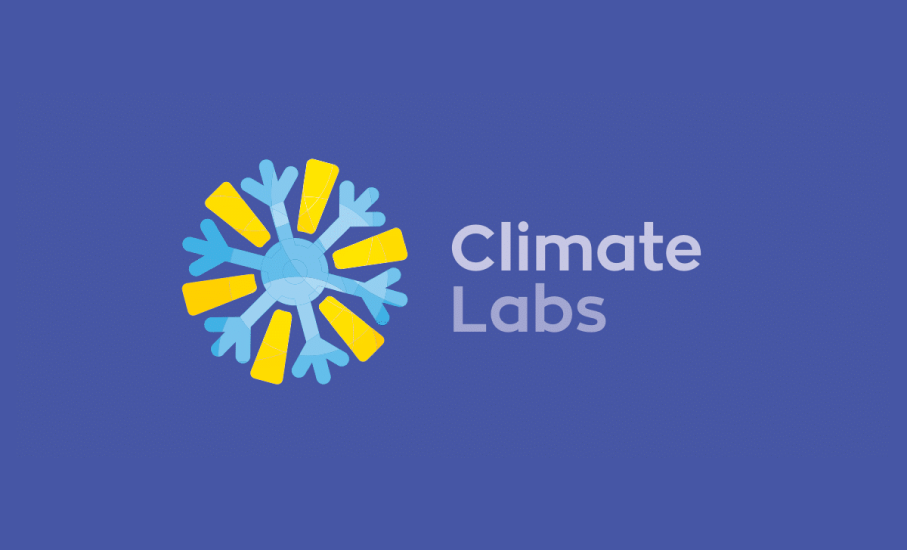Climate Labs aims to congregate dedicated research laboratories in three countries
 According to the National Institute for Space Research (Inpe), anthropogenic climate change, that is, change caused by man, is associated with an increase in the emission of greenhouse gases by burning fossil fuels (from automobiles, industries, thermal power stations), fires, deforestation, decomposition of waste, etc. There is strong evidence that the climate is indeed changing.
According to the National Institute for Space Research (Inpe), anthropogenic climate change, that is, change caused by man, is associated with an increase in the emission of greenhouse gases by burning fossil fuels (from automobiles, industries, thermal power stations), fires, deforestation, decomposition of waste, etc. There is strong evidence that the climate is indeed changing.
The 1990s and 2000s were the warmest decades in the last 1,000 years. The Intergovernmental Panel on Climate Change (IPCC) estimates that the global average temperature between may increase 1.8 ° C and 4.0 ° C in the next 100 years. Also, average sea level may rise between 0.18 m and 0.59 m. This can significantly affect human activities and terrestrial ecosystems.
After participating in Project Students 4 Change, which discussed the need to implement social innovation laboratories, PUCRS has now joined the project CLIMATE LABS: Strengthening applied research and innovation capacities in Latin-America through co-creation labs for mitigation and adaptation to Climate Change, which was awarded by Programa Erasmus+. The project ultimately seeks to build strongly connected areas of innovation and applied research in universities to create an impact on the overall capacities and strategies of partner countries to mitigate and adapt to climate change.
The following PUCRS professors are involved: Dr. Lucas Bonacina Roldan (Coordinator), Dr. Edimara Mezzomo Luciano, Dr. Gustavo Dalmarco (Business School) and Dr. Nelson Ferreira Fontoura (Institute for the Environment – PUCRS). Overall, 14 institutions have joined forces to the project, from countries such as Brazil, Colombia, Spain, Italy, France and Mexico.
In early March, a work meeting held at Universidad de Caldas, in the city of Manizales, Colombia, marked the beginning of the actions. The way Lucas Roldan sees it, the goal of the meeting was to meet the project partners, shape expectations, draft a model for social innovation laboratories with a focus on climate change in each university and share expertise.
The next steps involve the mapping of the capacities of partner universities and the identification of challenges associated with climate change to be addressed by each laboratory. After that, all parties will be invited for a training session. In this session, parties will share best practices (online incubation program) and, thus, each university will implement its laboratory.
“After the implementation of the laboratories, pilot projects will be carried out in an effort to generate positive social impact in the areas where the project will be carried out. It is important to note that all stages of the project will be carried out jointly with partners who will be keen to exchange knowledge”, Roldan says.
The project allows PUCRS to share expertise in social innovation and climate change. It is also a great opportunity for the University to do even more for its community, since a premise of the project is to facilitate the resolution of social problems through research.
Over a three-year period, the project hopes to provide training to scholars, students and staff from Latin America, who will form leading change teams. These groups will design and implement laboratories according to the needs, strengths, challenges and characteristics of the institutions and territories they serve.